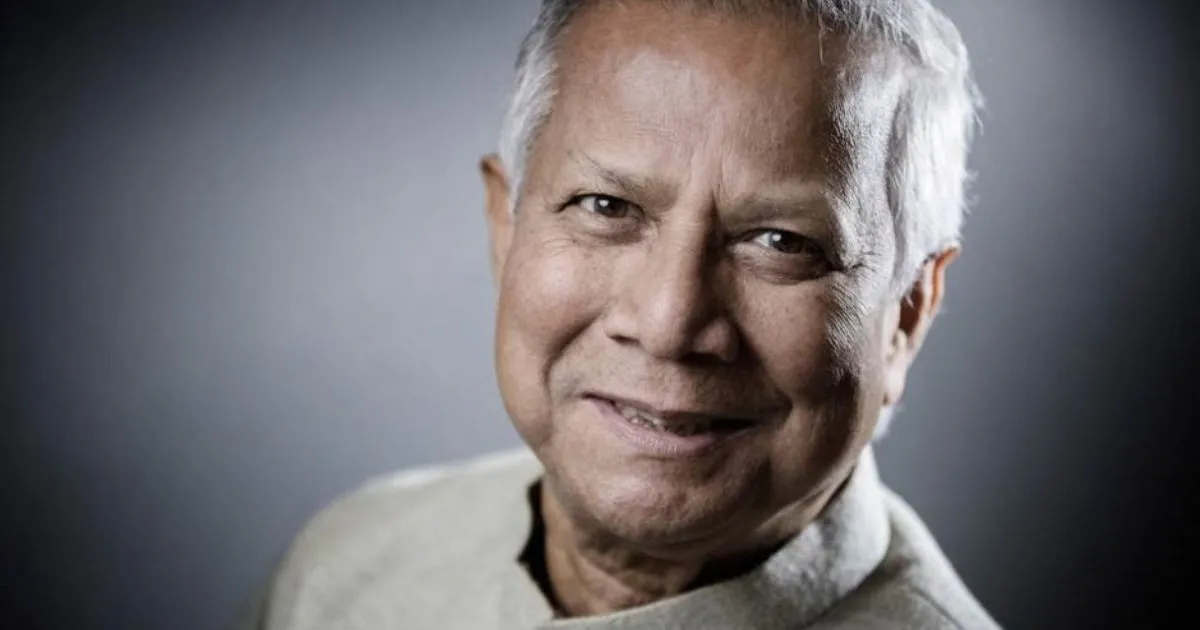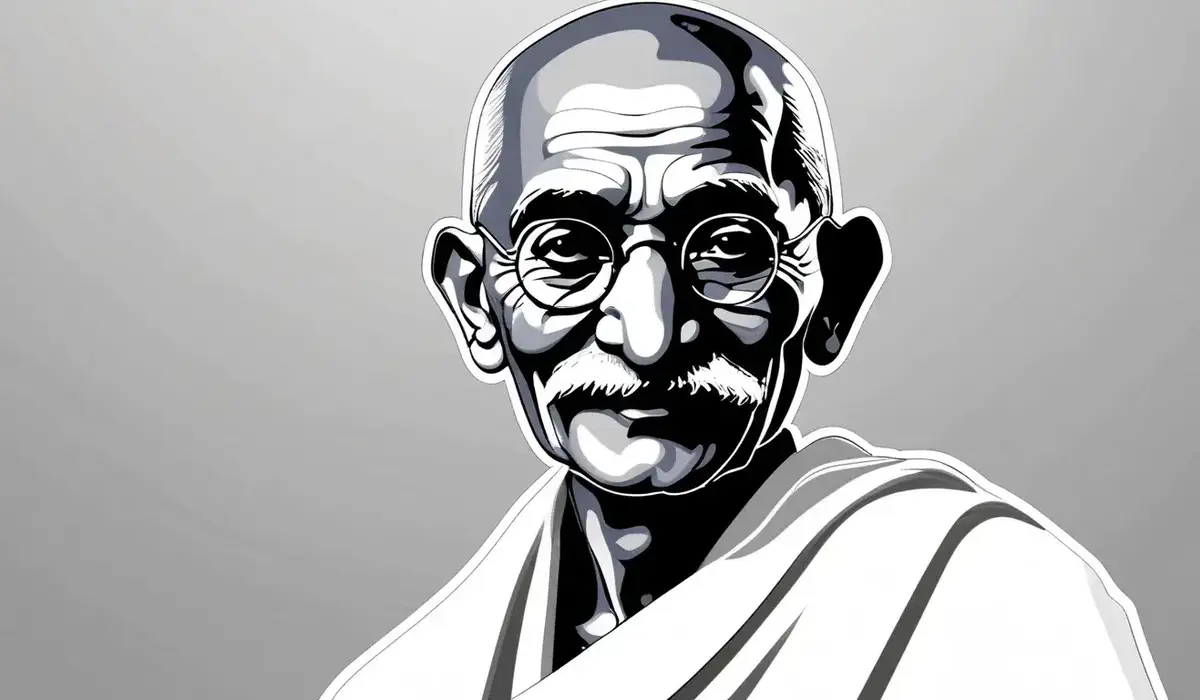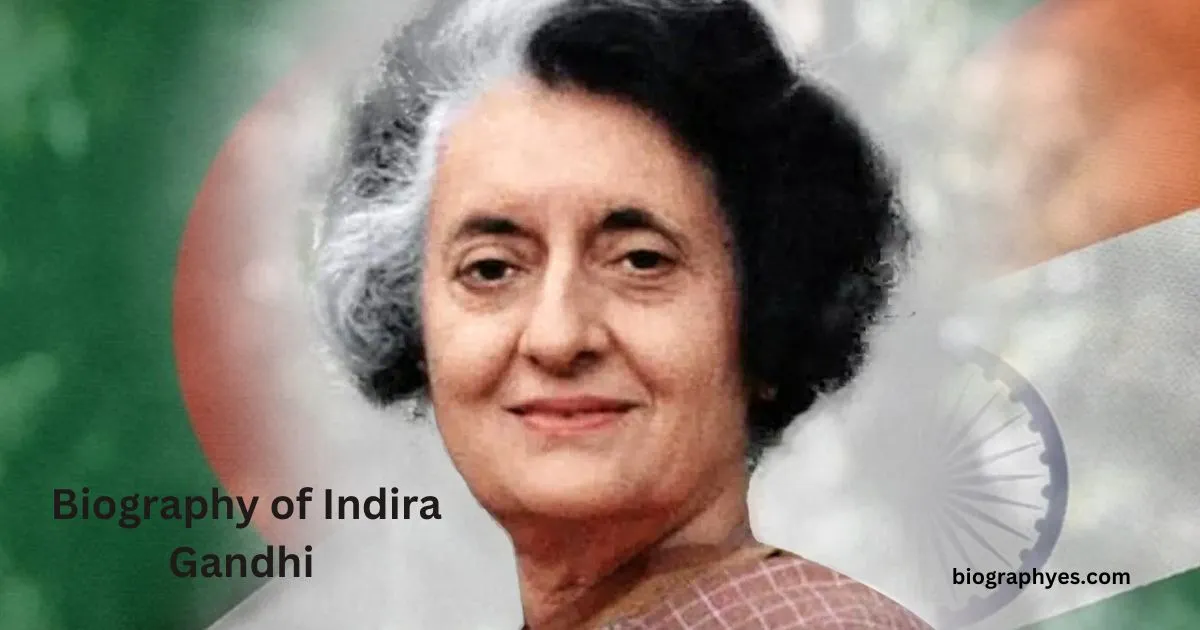Muhammad Yunus
| Category | Details |
|---|---|
| Full Name | Muhammad Yunus |
| Date of Birth | June 28, 1940 |
| Place of Birth | Chittagong, East Bengal (now Bangladesh) |
| Family Background | Comes from a middle-class family; father was a jeweler, mother was a homemaker |
| Marital Status | Married; has children |
| Education | – Studied economics at Dhaka University \n- Fulbright Scholar; earned a Ph.D. in economics from Vanderbilt University in the U.S. |
| Academic Career | – Taught at Chittagong University (1961–1965, 1972–1976) \n- Head of Economics Department at Chittagong University |
| Pioneering Microfinance | – Founded the Grameen Bank in 1983 \n- Developed microcredit programs for the impoverished, particularly targeting women |
| Achievements in Microcredit | – Established a lending model for low-income individuals lacking collateral \n- Inspired the global microcredit movement |
| Political Involvement | – Founded political party Nagorik Shakti in 2007 during Bangladesh’s political turmoil \n- Left political scene due to lack of support |
| Challenges and Controversy | – Faced allegations of fund mismanagement in 2010; later cleared \n- Dismissed as managing director of Grameen Bank in 2011 due to age limit; Yunus cited political bias |
| Books Authored | – Building Social Business (2010) \n- A World of Three Zeroes (2017), and other books focusing on social business and poverty alleviation |
| Notable Awards | – Nobel Peace Prize (2006) \n- Independence Day Award (Bangladesh, 1987) \n- U.S. Presidential Medal of Freedom (2009) |
| Interim Government Role | – Appointed in August 2024 to lead Bangladesh’s interim government following the resignation of former PM Sheikh Hasina amid political unrest |
| Vision and Goals | Dedicated to eliminating poverty, improving financial inclusion for marginalized groups, and promoting sustainable economic models globally |
Birth and Early Life
Muhammad Yunus, born on June 28, 1940, in Chittagong, then East Bengal (now Bangladesh), is a world-renowned economist, Nobel laureate, and social entrepreneur. Yunus founded the Grameen Bank, a groundbreaking institution dedicated to providing microloans to impoverished individuals without collateral, allowing them to build creditworthiness and achieve financial self-sufficiency. In recognition of his work toward poverty alleviation, Yunus and Grameen Bank were awarded the Nobel Peace Prize in 2006. More recently, in August 2024, amid intense political turmoil, Yunus was appointed to lead an interim government in Bangladesh after former Prime Minister Sheikh Hasina Wazed resigned and fled the country due to nationwide protests.
Academic Pursuits
After earning his bachelor’s degree, Yunus began his career teaching economics at Chittagong University from 1961 to 1965. He was later awarded a Fulbright scholarship and pursued his higher studies at Vanderbilt University in the United States. He completed his Ph.D. in economics in 1969 and returned to Bangladesh in 1972, where he rejoined Chittagong University as head of the economics department. By 1974, as Bangladesh grappled with severe famine, Yunus focused his research on understanding and addressing poverty’s economic implications.
Innovation in Microcredit and Founding of Grameen Bank
Yunus recognized that conventional economic training and agricultural support could not effectively uplift the vast population of landless poor in Bangladesh, who lacked assets to secure loans. Noting that traditional lenders often exploited impoverished communities with excessively high-interest rates, Yunus introduced the concept of microloans in 1976. These “micro” loans enabled individuals in poverty to access small amounts of capital (often as little as $25) to establish small businesses and secure a stable income. The success of his model led to the establishment of Grameen Bank in 1983, with the Bangladeshi government holding a minority share. Grameen’s lending model inspired microcredit programs globally, transforming the approach to financial inclusion.
Political Engagement and Subsequent Dismissal from Grameen
In February 2007, Yunus entered Bangladeshi politics, founding a political party named Nagorik Shakti (Citizen Power) amid the ongoing political strife between the Awami League and the Bangladesh National Party. His platform focused on promoting good governance and eradicating corruption. However, by May of that year, he disbanded the party due to insufficient public support. In 2010, Yunus and Grameen Bank faced criticism from a Norwegian documentary, Caught in Micro Debt, which accused them of fund mismanagement. Although cleared by Norwegian authorities, the Bangladesh government launched its own investigation. In 2011, Yunus was removed as managing director of Grameen Bank by Bangladesh’s central bank due to an age limit policy, a decision he challenged legally but ultimately upheld by the courts. Yunus claimed the action was politically motivated, influenced by his rivalry with then-Prime Minister Sheikh Hasina.
Publications and International Acclaim
Yunus has authored several influential books that outline his vision for social business and the role of economics in addressing global issues. Notable works include Building Social Business: The New Kind of Capitalism That Serves Humanity’s Most Pressing Needs (2010) and A World of Three Zeroes: The New Economics of Zero Poverty, Zero Unemployment, and Zero Net Carbon Emissions (2017). His global recognition includes the Independence Day Award from Bangladesh (1987), the World Food Prize (USA, 1994), and the U.S. Presidential Medal of Freedom (2009). Yunus was also honored as the first recipient of the King Hussein Humanitarian Award in 2000.
2024 Interim Government Leadership
Bangladesh witnessed large-scale protests in mid-2024, initiated by student movements seeking reforms in civil service employment practices. These protests quickly expanded, addressing broader governmental and socioeconomic grievances, which intensified into nationwide unrest. On August 5, 2024, the Bangladeshi Army Chief, Waker-uz-Zaman, announced that Prime Minister Sheikh Hasina had resigned and fled to India, leaving a leadership void. The following day, President Mohammad Shahabuddin Chuppu appointed Yunus as head of the interim government, upon popular demand from protest leaders. Yunus now leads efforts to restore peace and stability, tackling violence, vandalism, and political division across the nation.
If you read Ratan Tata Biography click here :


